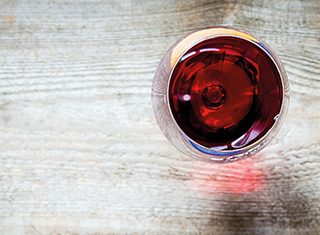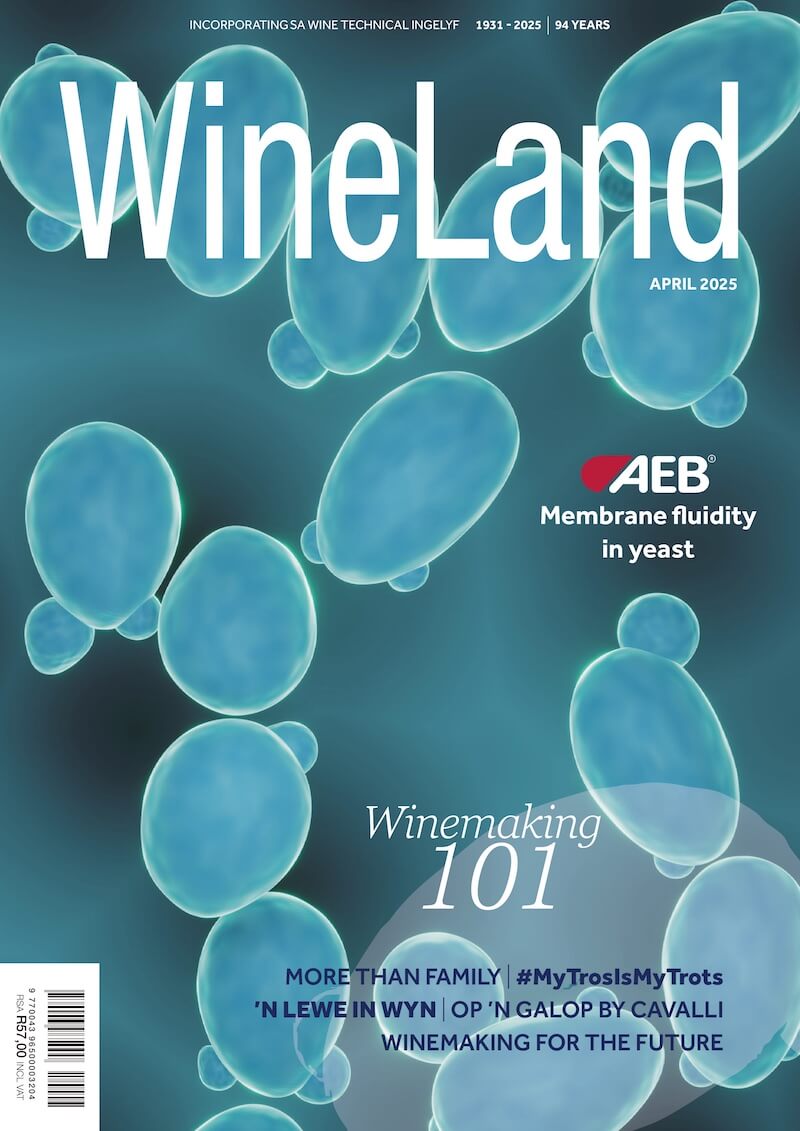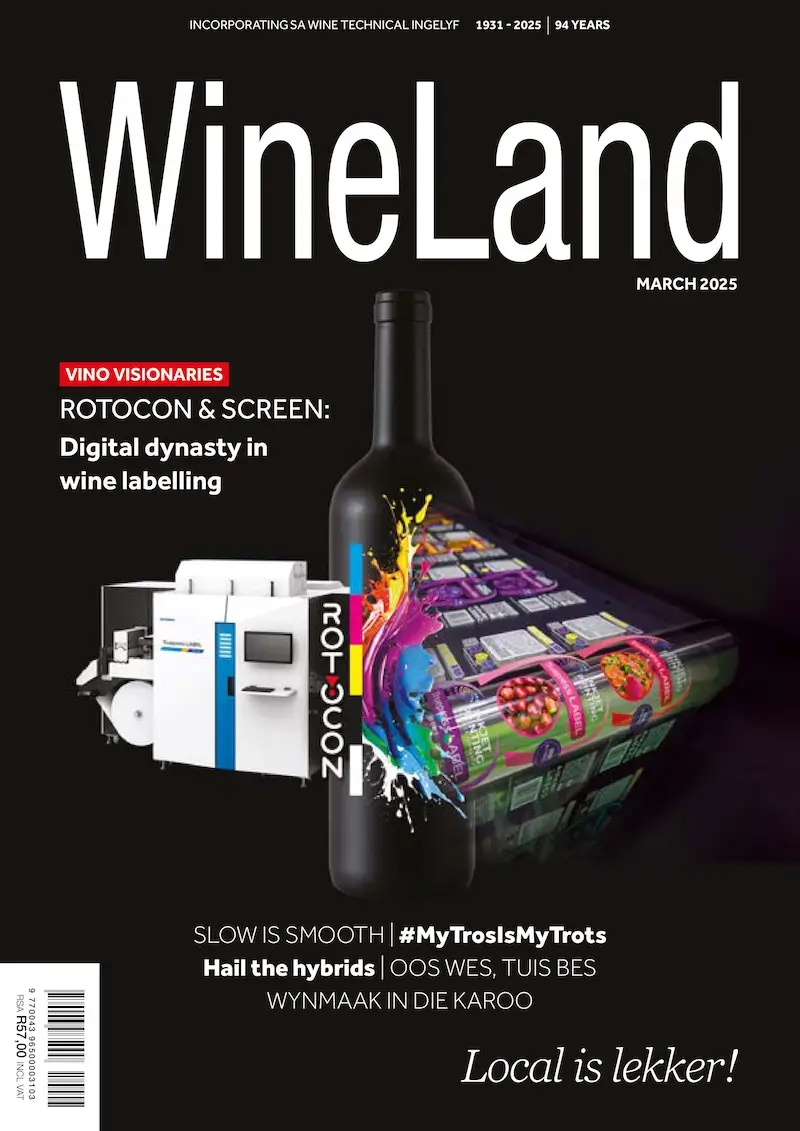The Western Cape Provincial Cabinet published its Alcohol-related Harms Reduction Green Paper for public comment on 19 September and is awaiting comments before the 30 November deadline.
Reasoning behind it
According to the policy document, the Western Cape government “does not aim to apply limitations to opportunities within the export market or apply unnecessary red tape that will impact on private-sector investment. The challenge for government is to develop mechanisms to disincentivise local consumption, especially in respect of the cheaper products and more harmful drinking patterns and to recover through tax, excise, licensing and levies, a greater contribution from the industry to address the burden it places on state-funded health and social welfare systems.”

More admin and costs
However liquor law specialist Danie Cronjé says the policy proposes significant changes to the Western Cape Liquor Act. “In our opinion these changes will make it more expensive and difficult to obtain liquor licences,” he says.
Applicants will have to bear the administrative burden and liquor licence application costs. This includes conducting the public participation process when applying for a licence, which involves contacting the municipality, neighbours and community-
based organisations, and paying
for newspaper advertisements.
Cap on licences
The policy proposes that a cap be placed on the number of licence holders in an area that is categorised as having a higher incidence of alcohol-related harms. Licences will also be limited according to zoning and population density. Once a licence has been secured, annual licence renewal fees will be based on the volume of alcohol sold.
On-site managers at licensed premises will also have to undergo training and pass a compliance test. Managers or licenceholders must be on site at all times when the outlet is open for business.
The national government will be lobbied to implement a tracking system of liquor products from the point of production to the point of consumption.
Ban on advertising
Advertising and promotion of alcoholic products and companies will also be banned in any medium visible to people under the age of 18 and at public facilities.
Supermarket sales curtailed
Grocers situated within 50 meters of an off-consumption liquor outlet might not be granted a liquor licence in future. “This is obviously of major significance for retailers who either have their own liquor stores close to their supermarkets or have supermarkets located in the vicinity of liquor stores operated by third parties,” Danie says.
What next?
Once public comments have been considered on the draft green paper, a white paper will be published, which will ultimately result in amendments to the existing liquor legislation.













